On the occasion of the 80th anniversary of Vietnam's National Day (September 2, 1945 - September 2, 2025), Vietnam Business Magazine had an interview with Master Le Anh Dung - General Director of the International Investment Research Institute (ISC), Deputy Head of the International Cooperation Department, Vietnam Industrial Park Finance Association (VIPFA) about Vietnam's historic transformation in attracting FDI, especially the role of digital transformation and strategic resolutions in positioning Vietnam as a regional digital hub.
Sir, the whole country is looking forward to the 80th anniversary of National Day, September 2nd. From the perspective of an FDI investment consultant, looking back on the past, what do you see as the most outstanding mark in attracting foreign investment in Vietnam?
Mr. Le Anh Dung: After nearly two decades of accompanying foreign investors, I have never witnessed a policy framework as groundbreaking and comprehensive as the "Four Pillars" that General Secretary To Lam recently emphasized.
This "four pillars" includes four important strategic resolutions: Resolution 57 on scientific and technological breakthroughs and digital transformation, Resolution 59 on international integration, Resolution 66 on law enforcement innovation, and Resolution 68 on private economic development. These are not just legal documents but a specific roadmap for Vietnam to "take off" in the new era.
During my 20 years of working, since the early days of Vietnam's accession to the WTO, I have witnessed many ups and downs of FDI flows. But there has never been a period when Vietnam has had such a clear and ambitious strategic framework as it does now. This is an institutional revolution, thereby reshaping the FDI attraction map in Vietnam in the period 2025-2030.

Resolution 57 sets a very ambitious target that by 2045 the digital economy will account for at least 50% of GDP. What does this mean for investors, sir?
Mr. Le Anh Dung: In my consulting experience, I see that corporations that used to come to Vietnam only to find cheap labor are now looking for smart technology partners. With the trend of sustainable development and strict standards, these companies themselves must also shift from labor-dependent production to smart production.
Cooperating with local technology companies has become a top priority for them to optimize investment and facilitate the export of Vietnamese-branded products to the most demanding markets. Recently, I advised a Korean technology corporation that wanted to invest in a data center. Initially, they were only concerned about electricity and land costs. But when I presented Vietnam’s Digital Hub 2030 plan, they decided to increase the investment scale from 500 million USD to 1.2 billion USD to build a Hyperscale Datacenter.
Besides digital transformation, green FDI is also a strong trend. Can you share more about this?
Mr. Le Anh Dung: Yes. One of the most important changes I have observed is the strong shift to green FDI. European investors, especially from Denmark and Germany, are rushing to invest in renewable energy in Vietnam. CIP (Copenhagen Infrastructure Partners) plans to invest $10 billion in renewable energy projects in Vietnam by 2030, starting with the 3.5 GW La Gan offshore wind project in Binh Thuan . This is not only an impressive figure but also reflects investors' confidence in Vietnam's Net Zero 2050 commitment.
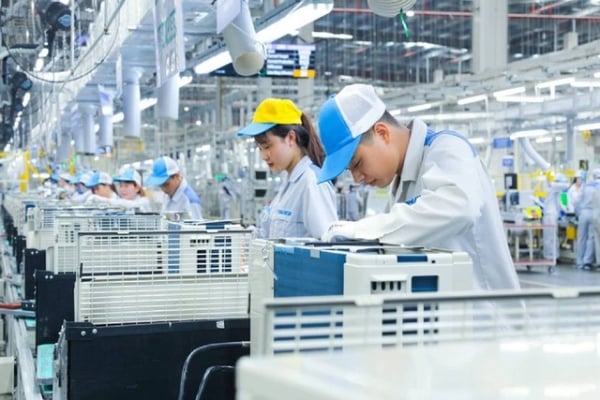
With Resolution 68 on private economic development, why do you call this a "Game changer"?
Mr. Le Anh Dung: Resolution 68/NQ-TW in 2025 is truly the most groundbreaking strategic document since the 1986 renovation period. For the first time, the private economy is identified as the "most important driving force" of the economy, with the goal of reaching 2 million enterprises by 2030 and 3 million by 2045.
This makes a lot of sense. Foreign investors are not just looking for tax breaks or cheap labor. They want a dynamic business ecosystem, a strong domestic market, and a diverse supply chain. This is what helps them diversify production and avoid concentrating risk in a single market, as they did with China.
A real-life example is a German-Korean joint venture company specializing in manufacturing high-tech components for cars that I once advised decided to invest in Vietnam not only because of incentives, but because they saw the potential of the domestic market of 100 million people and the strong development of Vietnamese technology startups.
With these revolutionary changes, what do you predict the FDI trend in Vietnam will be in the period 2025-2030?
Mr. Le Anh Dung : Based on Bain & Company's analysis and the current shift trend, I have a fairly optimistic forecast. The 2025-2027 period will be a period of "breakthrough acceleration", with registered FDI capital possibly reaching 45-50 billion USD per year and realized capital of about 30-35 billion USD, focusing on areas such as large data centers, renewable energy, and semiconductor manufacturing.
Next, the 2028-2030 period will be a "breakthrough" period, when registered capital can reach 55-65 billion USD per year and realized capital reaches 40-50 billion USD, with a focus on R&D centers on AI, green hydrogen and biotechnology.
To realize these ambitious forecasts, what challenges and opportunities do you think Vietnam needs to focus on?
Mr. Le Anh Dung: The biggest challenge lies in implementation. We need an effective, transparent and resolute public administration in implementing resolutions. Infrastructure, especially digital and energy infrastructure, needs to be invested in one step ahead. Training high-quality human resources capable of mastering new technology is a vital factor.
However, the opportunities are much greater. The strategic geopolitical position, political stability, and a potential domestic market are undeniable advantages. Most importantly, the "Quad Pillars" have created a strategic confidence for investors. If we make good use of this opportunity, the golden era of FDI in Vietnam will certainly become a reality.
Thank you very much!
Source: https://doanhnghiepvn.vn/doanh-nghiep/dau-tu/-bo-tu-tru-cot-se-mo-ra-ky-nguyen-vang-cho-fdi-tai-viet-nam/20250826051348894




![[Photo] The army marched proudly on the street with loud cheers.](https://vphoto.vietnam.vn/thumb/1200x675/vietnam/resource/IMAGE/2025/9/2/c0dc9a5121094991bd7c5a02166b3a4f)
![[Photo] Parade groups bid farewell to the people after completing mission A80](https://vphoto.vietnam.vn/thumb/1200x675/vietnam/resource/IMAGE/2025/9/2/36d202d43ecc4ca8aede59a0e99f32ed)
![[Photo] Bustling atmosphere at Ba Dinh Square on National Day](https://vphoto.vietnam.vn/thumb/1200x675/vietnam/resource/IMAGE/2025/9/2/c441c931800d4ff8a4a5b2ed4d4c496b)
![[Photo] The heroic and lovely moment when the armored vehicle passed by Hanoi Flag Tower](https://vphoto.vietnam.vn/thumb/1200x675/vietnam/resource/IMAGE/2025/9/2/5b07b9f62ee94db287a0ae3a27b6db51)
![[Photo] Police blocks parade on Le Duan Street](https://vphoto.vietnam.vn/thumb/1200x675/vietnam/resource/IMAGE/2025/9/2/8f607af025d5437d828366c5e911bbda)


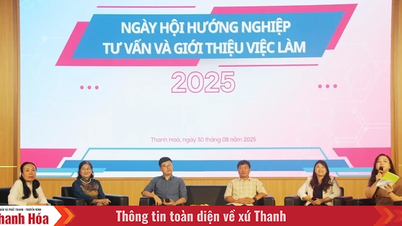

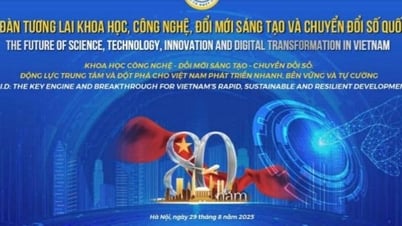
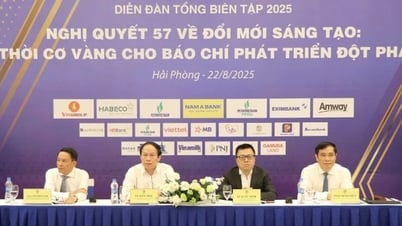

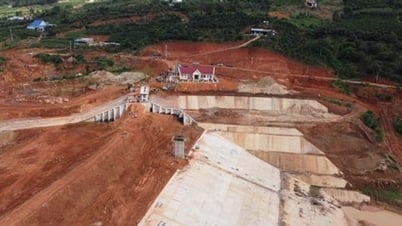



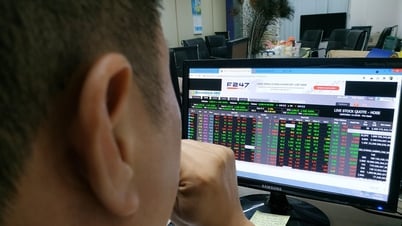










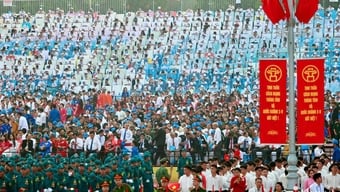

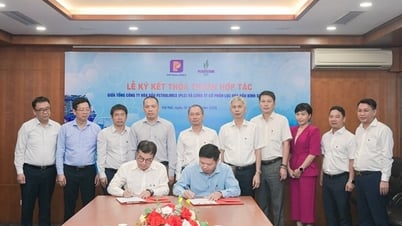










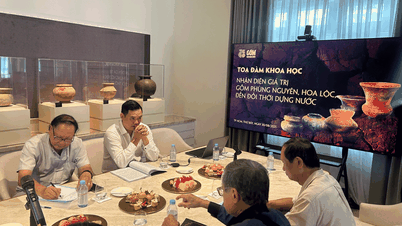
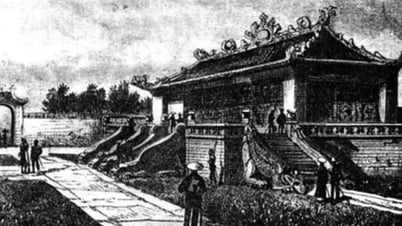
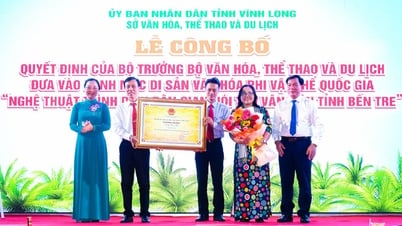








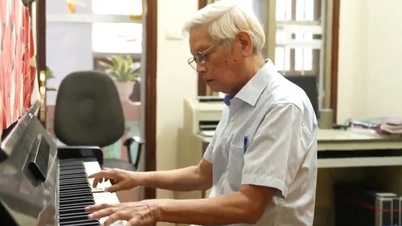











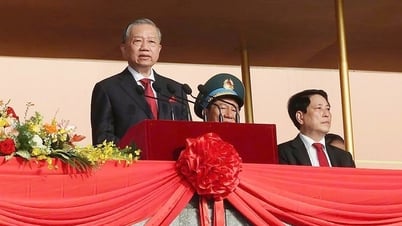

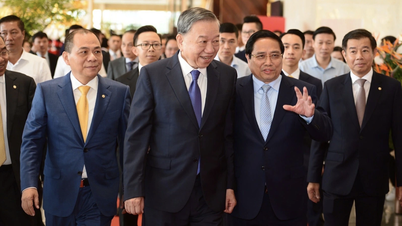

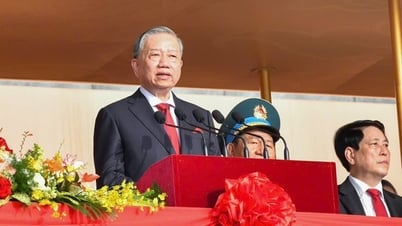





![[Live] Parade and march to celebrate the 80th anniversary of the August Revolution and National Day September 2](https://vphoto.vietnam.vn/thumb/402x226/vietnam/resource/IMAGE/2025/9/2/ab9a5faafecf4bd4893de1594680b043)
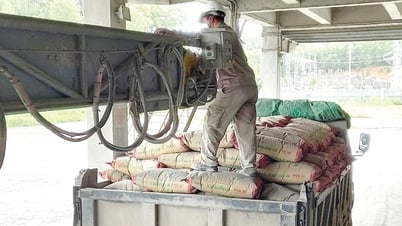






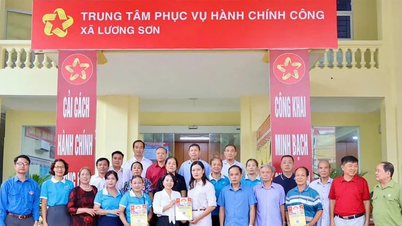



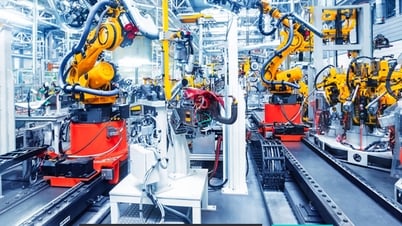
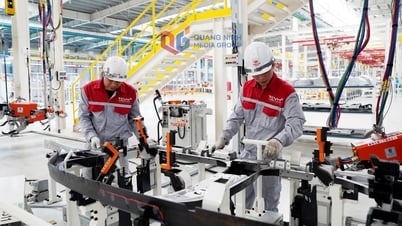








Comment (0)